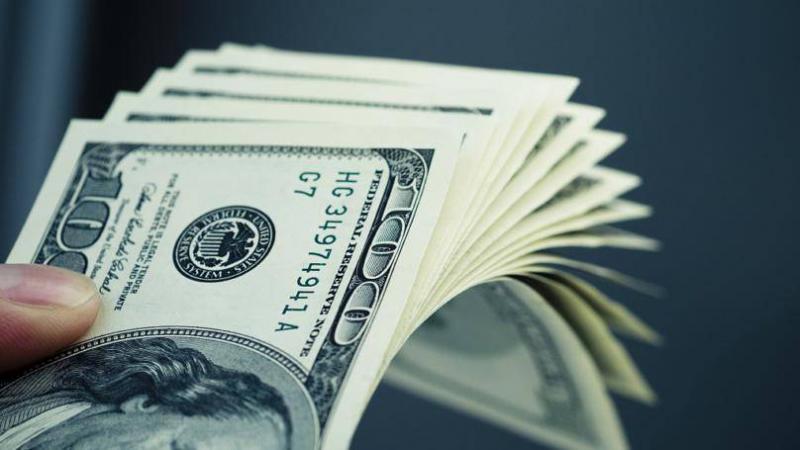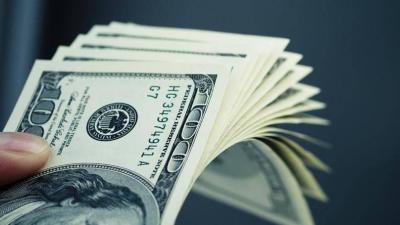At the beginning of the week, coinciding with the holiday season and the closing of the presidential vacancy for its first month, the exchange rate of the dollar in the black market recorded between 41,500 and 41,600 Lebanese pounds for one dollar. This number prompts us to look back, specifically to early July 2020, when "Bank of America" predicted in its report at the time, based on estimates from the International Monetary Fund, that the exchange rate of the US dollar would reach 46,500 Lebanese pounds by the end of that year. At that time, the prediction did not hold, as the year 2020 ended with the dollar below ten thousand pounds. However, as the crisis continued to worsen without any effective resolution, Bank of America’s prediction turned out to be true by the end of 2022.
The reality in Lebanon indicates further deterioration, with no ceiling for the dollar, especially in light of the prevailing vacuum and faltering policies. An equally significant vacuum looms on the horizon; next July, if the situation persists, there will be a vacancy in the governance of the Central Bank of Lebanon with the end of Governor Riad Salameh's term.
In this context, financial sources, via “Akhbar Al-Yawm” agency, predicted that a large part of the foreign currency reserves would be depleted over the next year, leading to a stage where hard currencies would be non-existent in the Central Bank or the banking sector, and hard currencies would exist solely in the hands of the people. They stated that after the full implementation of the provisions of the 2022 budget, particularly regarding salaries and social assistance, Lebanon would face disasters, noting that the state treasury might be unable to pay salaries, plunging Lebanon into a vicious cycle.
Here, the sources mentioned the printing of currency, which does not fall under the category of solutions, as the money supply increased in just a few months from 40 trillion to over 71 trillion. There is nothing to prevent further printing and thus an increase in inflation rates, and this is one of the reasons that will push the dollar exchange rate to exceed fifty thousand pounds. This means that pressure on the dollar will continue, and if the Central Bank of Lebanon does not finance the state's needs, the alternative will be financing from the market. They lamented that there are no solutions in sight, saying that if serious negotiations began today—without any obstacles—with the International Monetary Fund, it would not be possible to reach a signed agreement before a year, and this has nothing to do with politics but is a technical process.
As for the possibility of relying on Arab assistance, the sources pointed out that Saudi Arabia is willing to help if the Lebanese government changes its orientations, with around 20 projects ready for implementation. However, any change is unlikely, and thus nothing can be expected from the Gulf countries. Although Qatar might inject some funds into the Lebanese market for political reasons, it will not be sufficient to stimulate the economy.
Regarding hopes for implementing the decisions of the CEDRE conference held in France in April 2018, the sources indicated that this implementation involves projects requiring legislation from the Parliament and decisions by the Council of Ministers, which are not available given the current paralysis.
So, what comes next? The sources believed that the private sector is adapting itself to the crisis to maintain its operations, while the public sector is declining further. They added: the saying "countries do not want Lebanon to fall" could apply here, as the private sector has succeeded in managing its affairs for some time now, with discussions about the growth of some companies and institutions, while the Lebanese state has collapsed, evidenced by the suffering of public sector employees. Thus, what is happening today is quite similar to the crisis of the 1980s.
They concluded: The law of the jungle is organizing itself, and things are likely to evolve and escalate further, stating, "We will reach a day when we buy a bunch of radishes with dollars," meaning that over time, the exchange rate will reach astronomical figures, accompanied by the disappearance of what is termed "the dollar." Only "fresh dollars" will remain prevalent, paving the way for Lebanon's transition to a new financial system.




